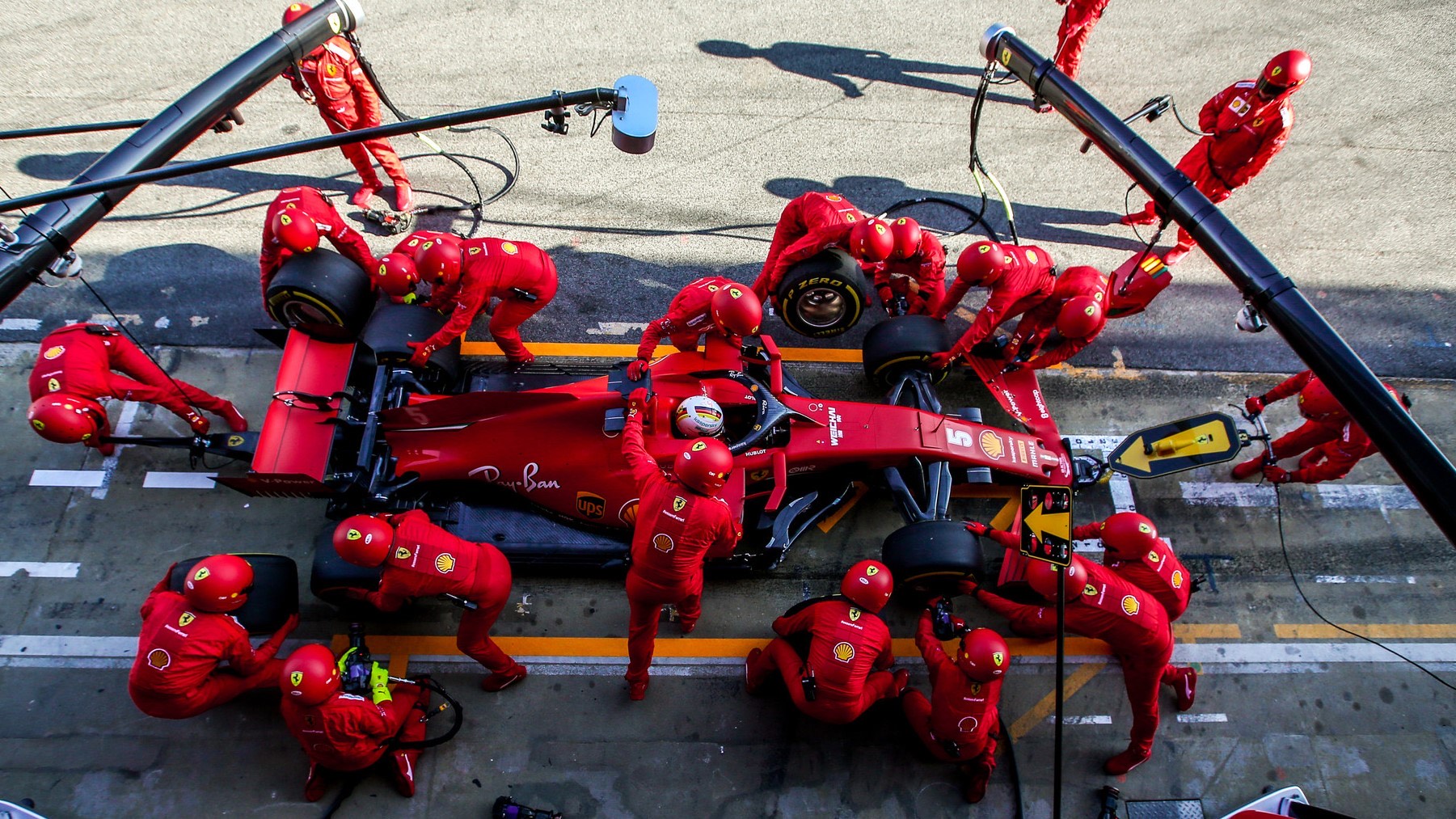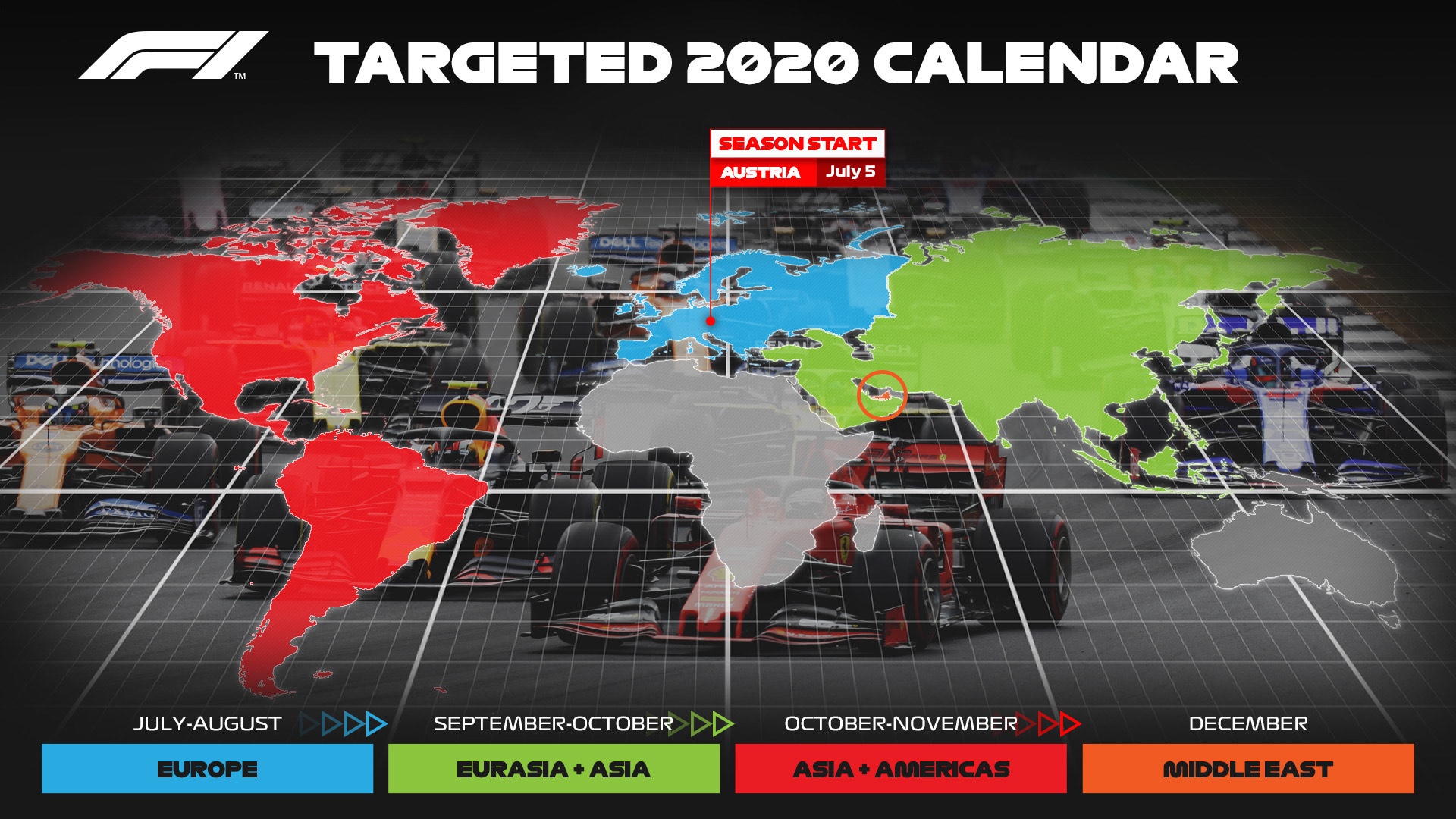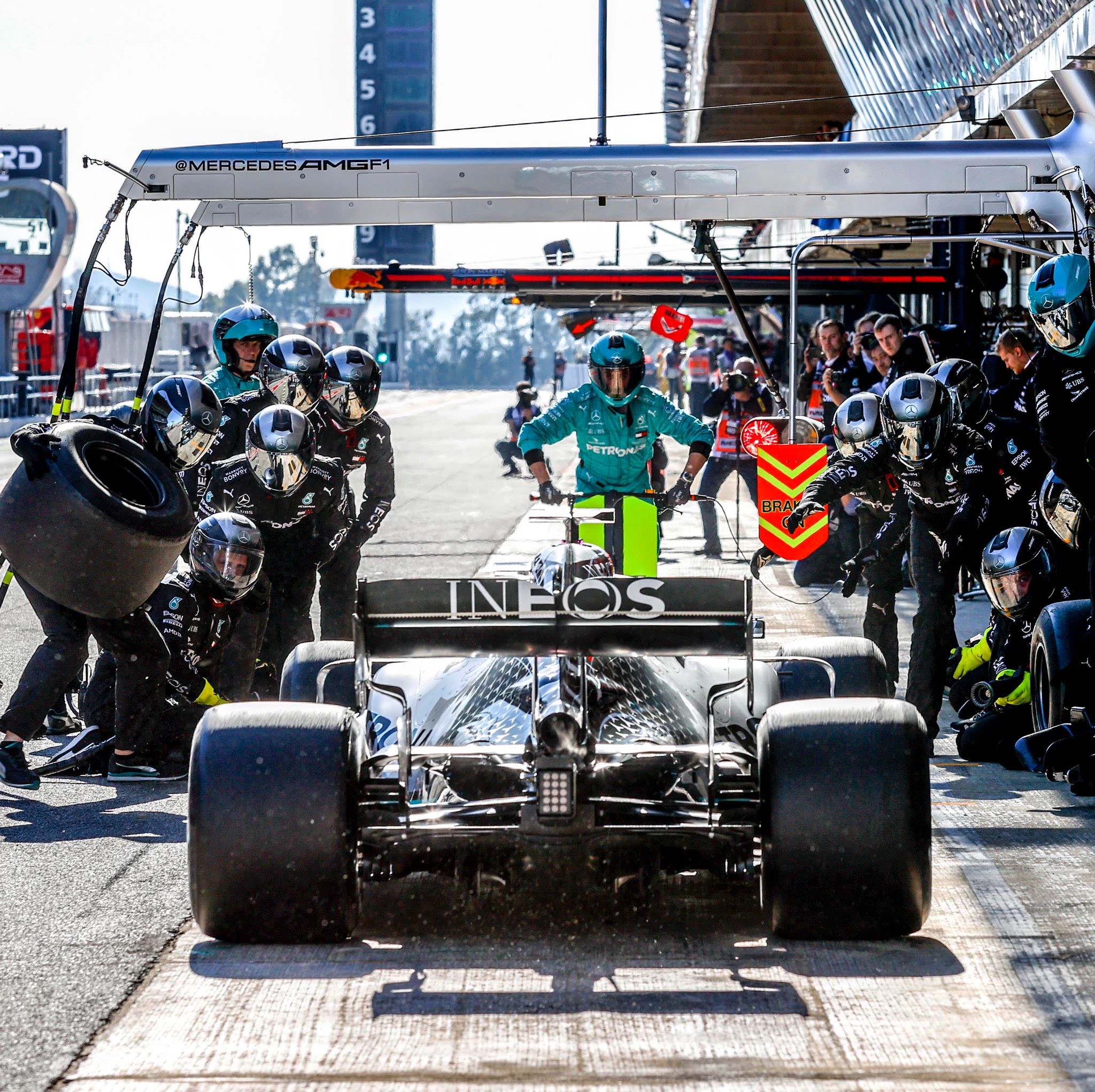Will the magic of Formula 1 survive COVID-19

We used to watch as many F1 races as possible on TV and when the F1 magic came to Malaysia we would try and get a paddock pass from the many happy sponsors or teams or at least a ticket to watch it live with the rest of the spectators, right up to 5 years ago. Until then, our fascination for F1 was high but after visiting our first ever Le Mans 24hour race in France and seeing how the organisers, teams, race drivers were so relaxed and communicative with the media, fans and also the attending crowd, we were impressed with the Le Mans way of motor racing and rather disappointed with the F1 organiser treated the rest which gave preference to only big money arrogance, celebrity focus and how much money they can make from it all. Now with the COVID-19 issues, it looks bleak for the F1 community and we are not feeling a loss, instead we are waiting for the new date for Le Mans in 2020.
Eight races of the current 2020 F1 season have already been cancelled due to COVID-19 and we wonder if this race series will become history once the COVID-19 dust has cleared as the days of the big sponsors, lavish race circuit parties, sold out venues and high team salaries take a huge cut.
Just like every sanctioned motorsports event around the globe, Formula 1 is currently on hold due to the COVID-19 outbreak that has forced much of the world into lockdown.
The Formula 1 team bosses have been meeting to discuss ways of protecting the sport from financial problems caused by COVID-19. The first issue they are all tackling is the possible reduction of the budget cap for each race team. Then comes the possibility of spectators not turning up. Then the cost to run and maintain the circuits. Street racers like Singapore, Monaco and Melbourne will no longer exists. Will watching the race on TV be enough for the fans?

The full statement from F1 CEO Chase Carey
When will the Formula 1 season start?
Given the constantly evolving situation with the pandemic, at the moment it is not possible to say for certain when racing will be able to resume, but F1 CEO Chase Carey said on Monday, April 27th: “We’re targeting a start to racing in Europe through July, August and beginning of September, with the first race taking place in Austria on 3-5 July weekend.
Heavy Cost Burdens
Uncertainty over when races will be able to resume is one of the factors which has driven down the value of F1 this year. The sport is owned by Liberty Media which also controls the Atlanta Braves and is listed on the Nasdaq stock exchange.
Over the past two months Formula 1’s stock price has reversed by 42.7 per cent which is almost three times the amount the overall market has dropped during that time. F1 lost a quarter of its value in only one day, just 24 hours after its season opener was due to take place.
At the time of writing, the Formula One Group, had a market capitalization of USD6.2bn.
The other driving force behind this decline is marked uncertainty over the future of F1’s ten teams due to their turbocharged running costs.
Seven of the teams are based in the UK and file publicly-available financial statements along with one of the others. The filings show that the average running cost of an F1 team is USD219.5m (£189.4m), and each one employs a robust average of 573 staff, helping to swell costs.

The teams’ revenue comes from three primary sources: sponsorship, payments from team owners, and prize money, which is paid by Formula 1 and represents 68 per cent of its underlying profit.
That prize money is on track to reverse sharply this year due to the lack of races. And the same goes for sponsorship payments to the teams from corporate partners, as they are fueled heavily by television coverage and the exposure that brings.
All of the teams use engines provided by four auto makers: Ferrari, Mercedes, Renault, and Honda. The first three also own their own F1 teams and all of them have been battered by COVID-19 as people are reluctant to travel, and car sales have already crashed in China where the pandemic began with similar sales retreats likely to happen elsewhere around the world.
Over the past two months, those four car manufacturers have lost a combined USD19.1 billion of market value. Those losses make it less likely that they still will be able to bankroll an F1 engine program, which typically costs around USD1.4 billion. The window to turn away is fast approaching as the contracts which commit the teams to race in F1 all expire at the end of this year.
Despite having little revenue coming in from prize money and sponsorship while the races are on hiatus, the teams still have those extensive staff bills to pay. The financial statements show that they come to an average of USD61.4m annually, which comes to USD15.4m between now and mid-June.




